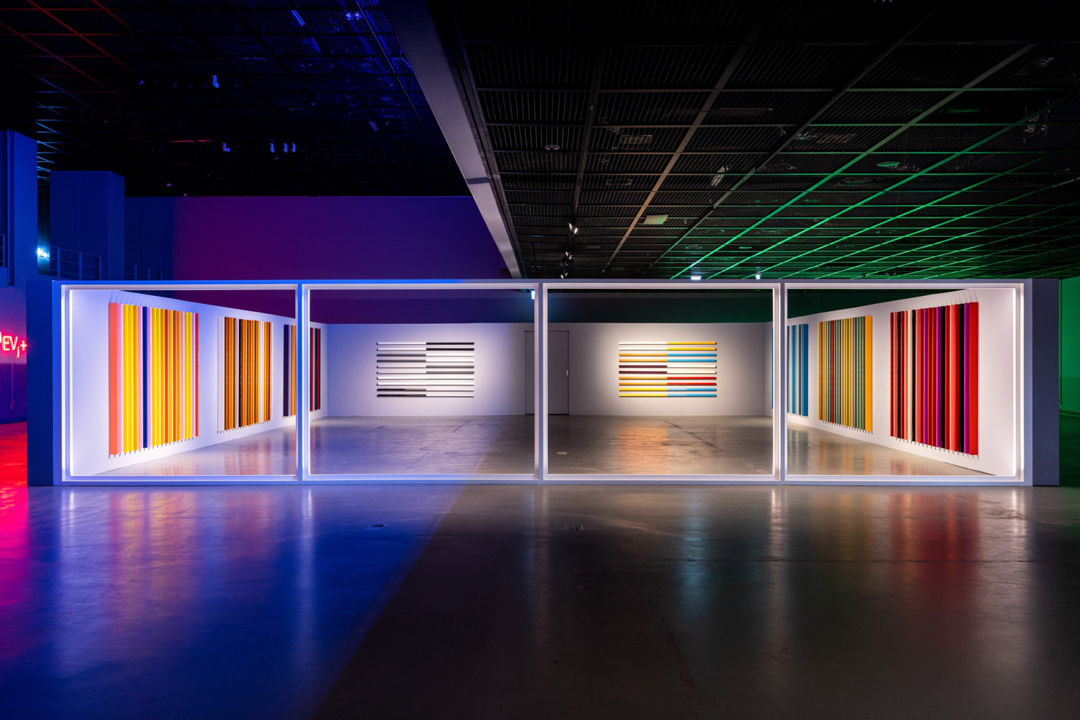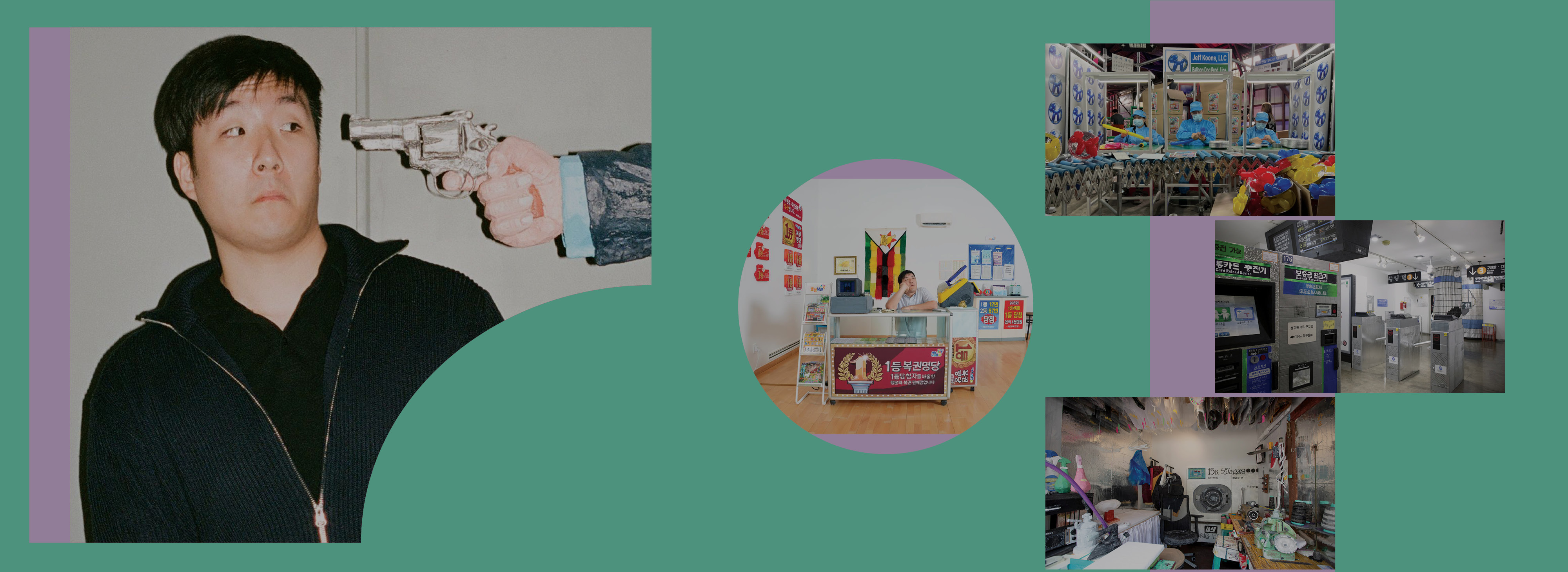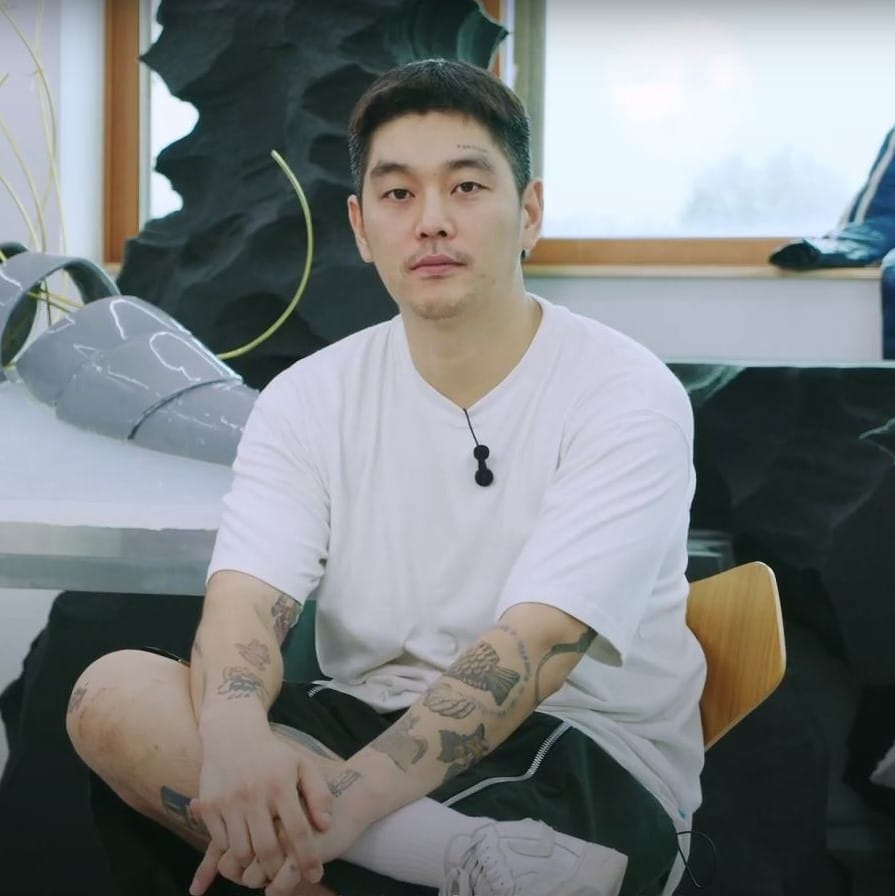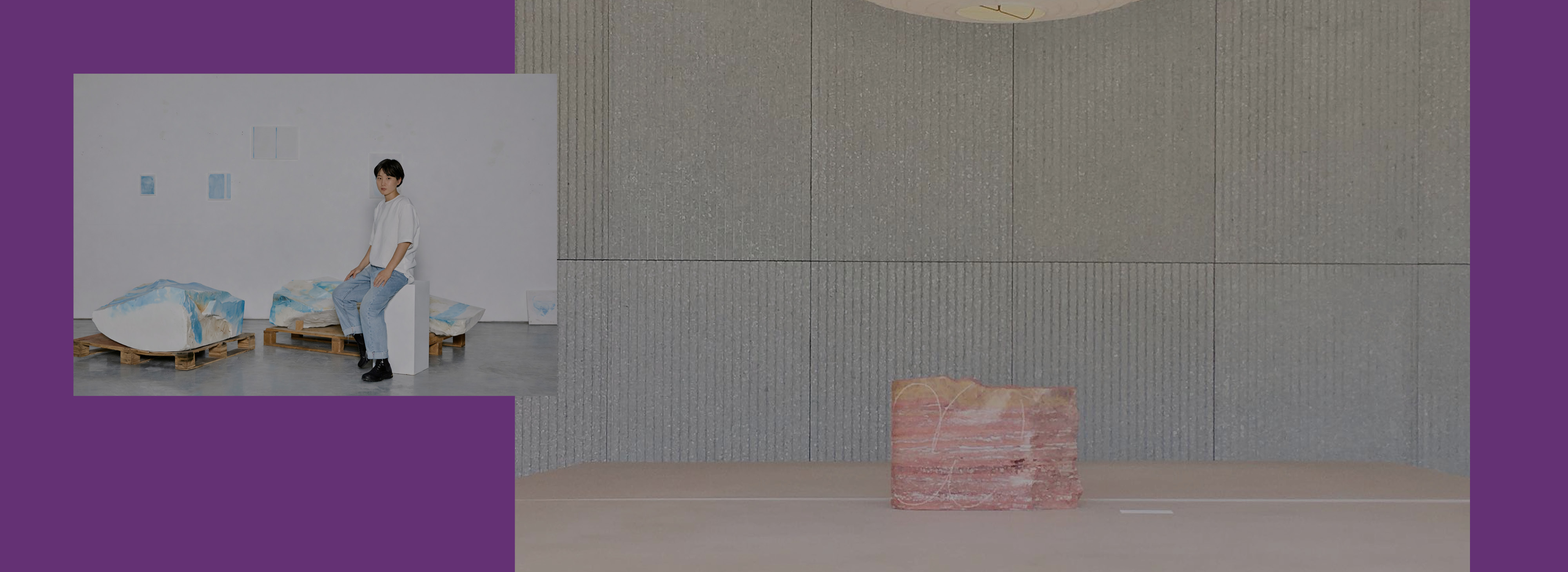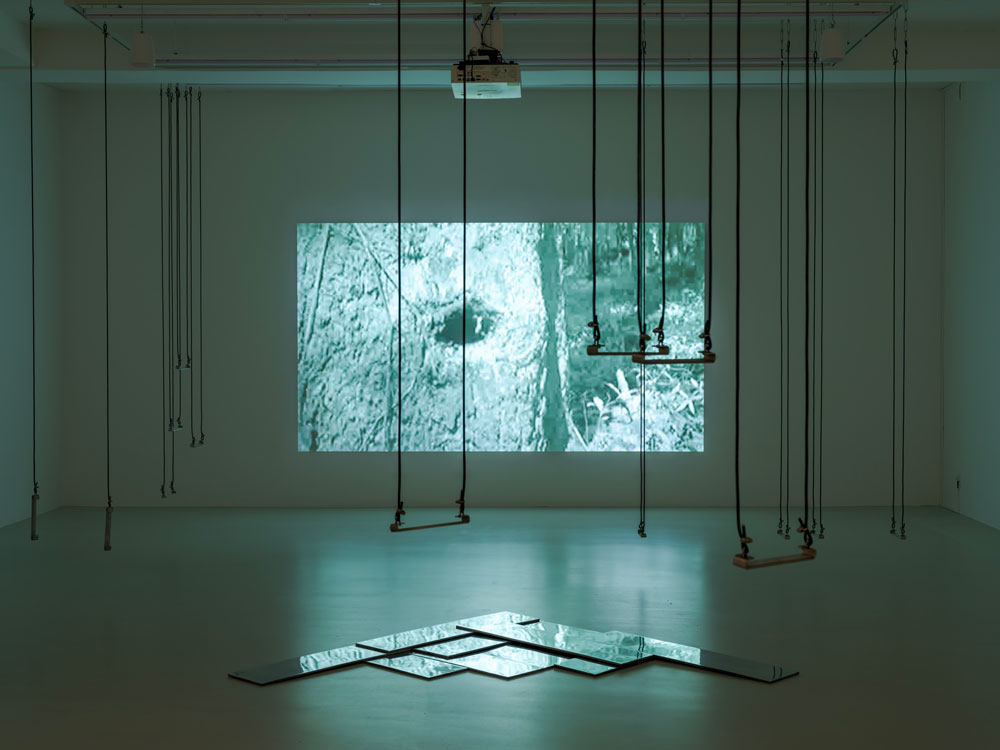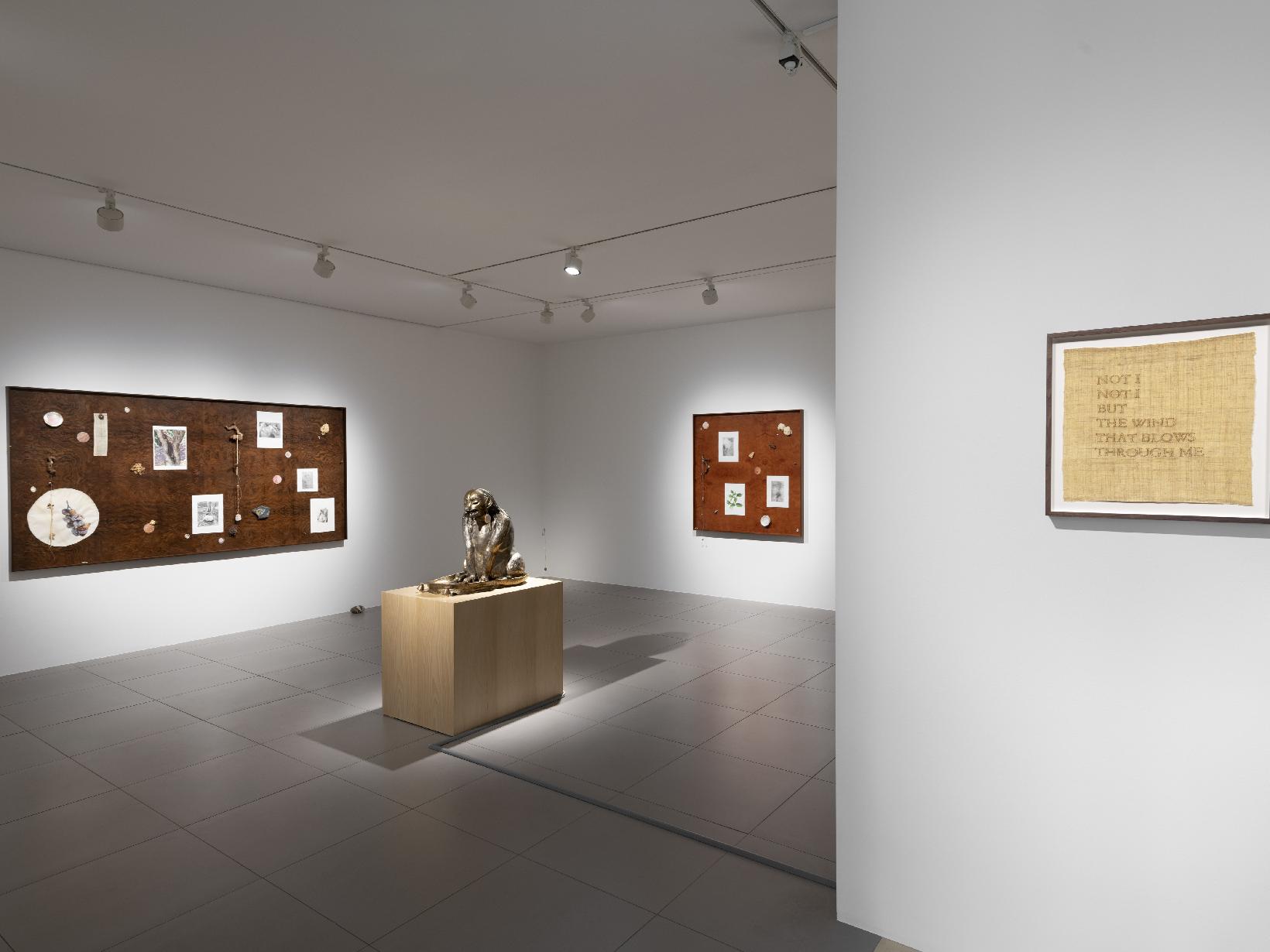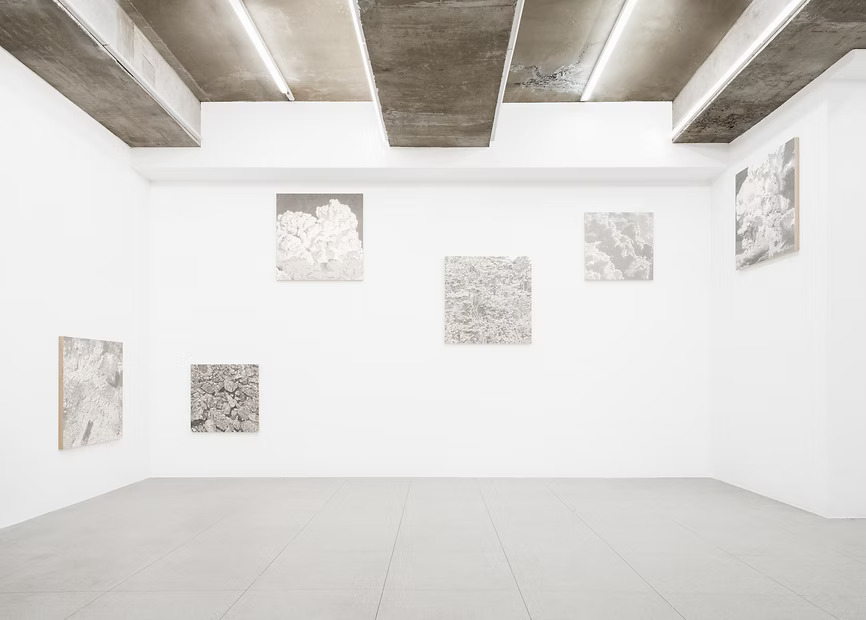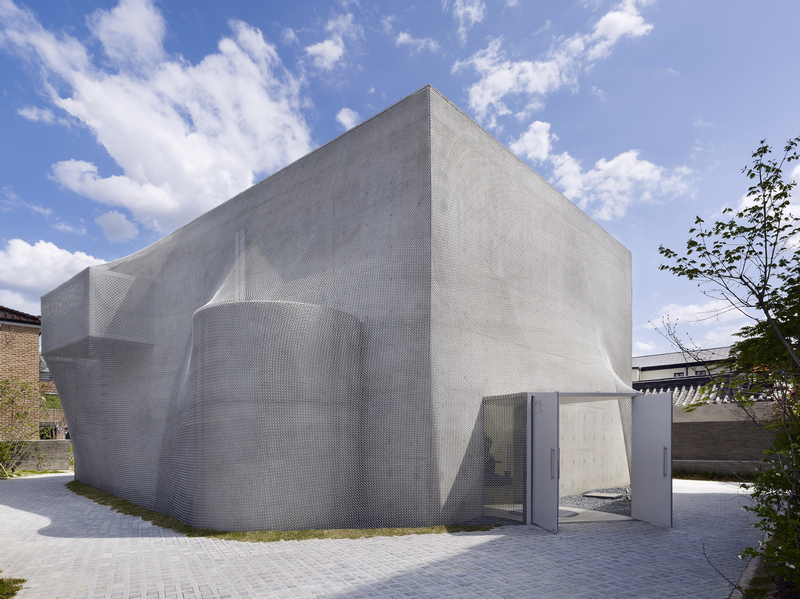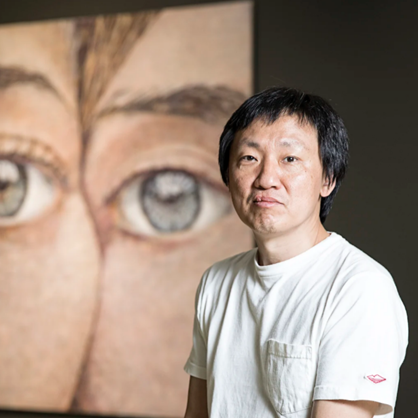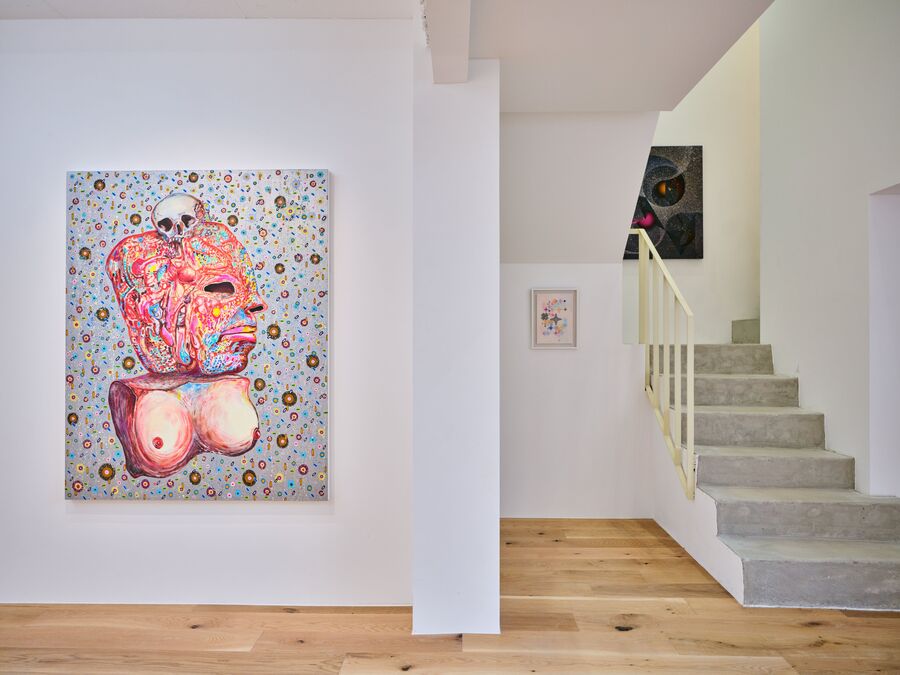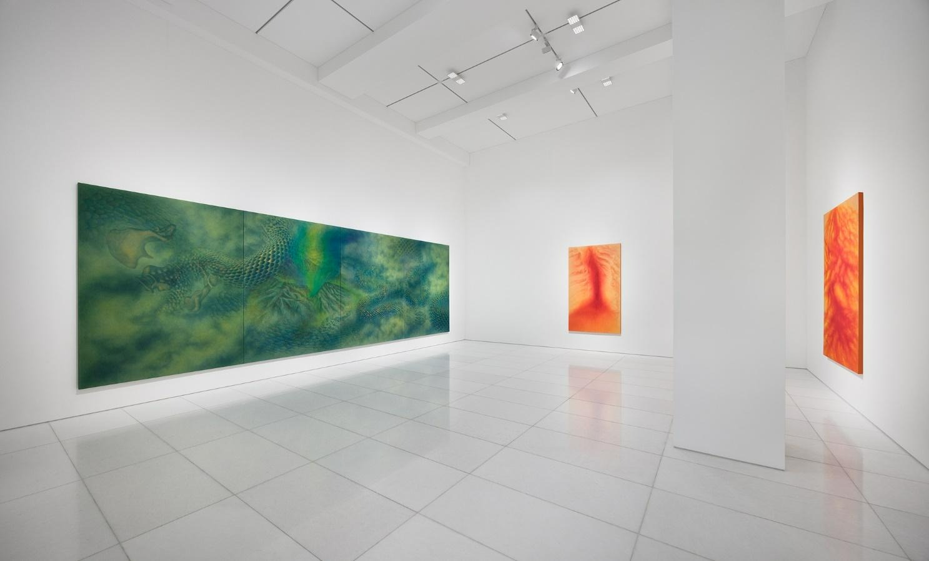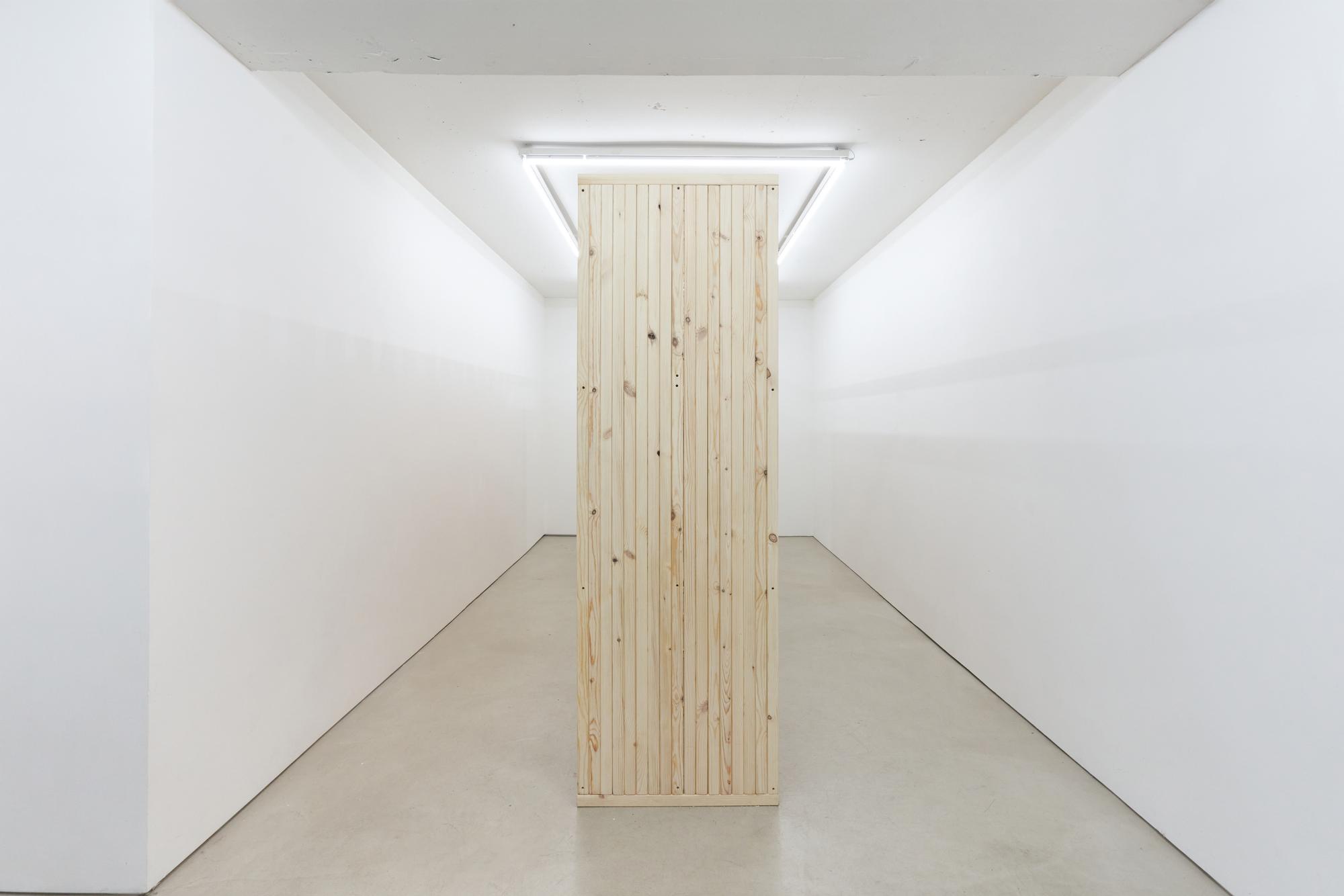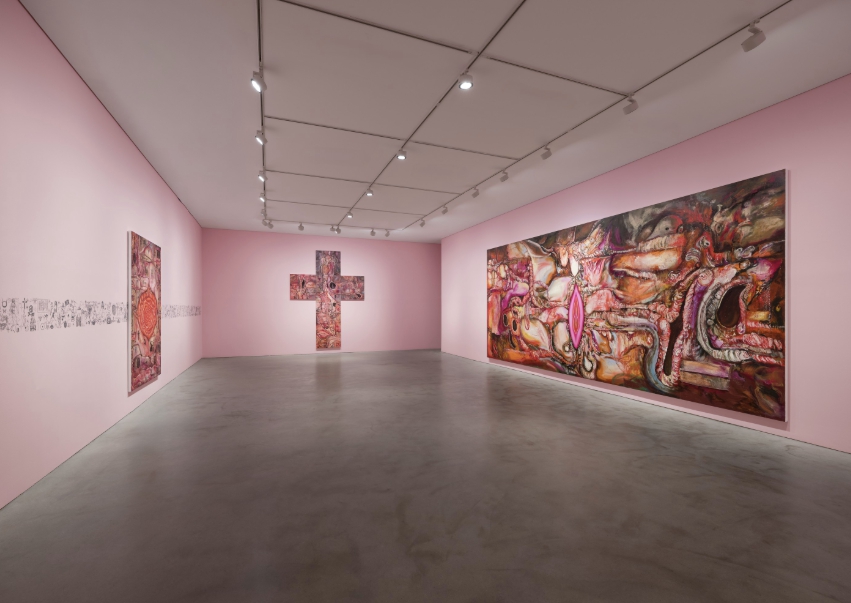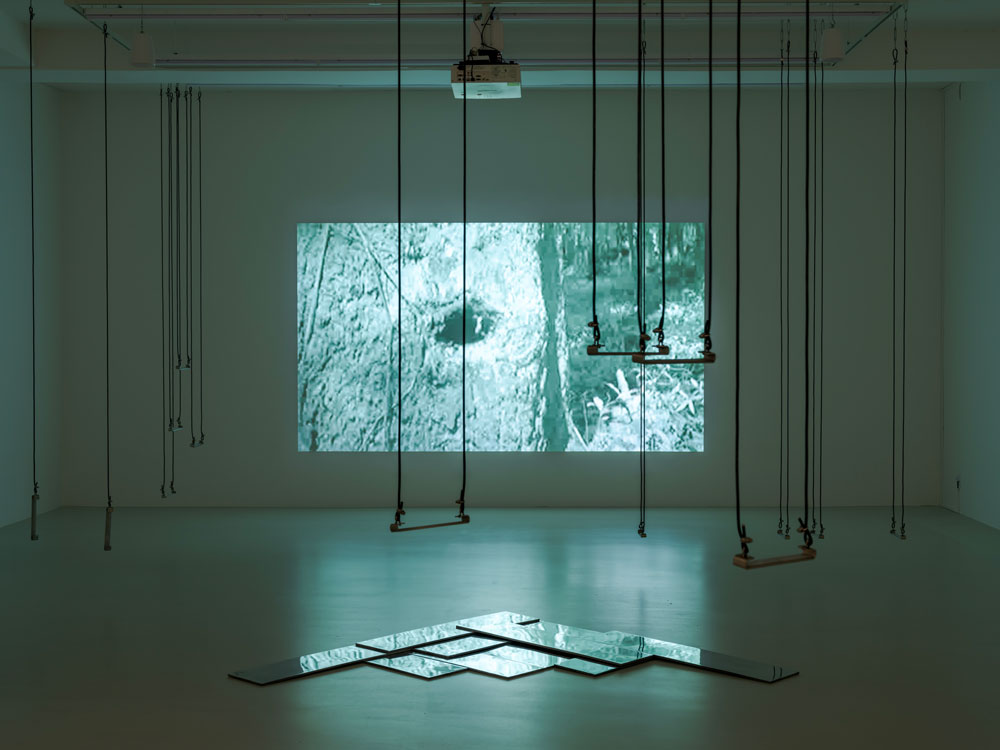 Installation view, Pratchaya Phinthong: Today will take care of tomorrow, Barakat Contemporary, Seoul, Korea. ©Barakat Contemporary
Installation view, Pratchaya Phinthong: Today will take care of tomorrow, Barakat Contemporary, Seoul, Korea. ©Barakat ContemporaryBarakat Contemporary proudly presents Pratchaya Phinthong’s first solo exhibition in Korea: “Today will take care of tomorrow” through May 26.
The exhibition provides a comprehensive view of the artist’s practice that brings together heterogeneous social, economic, and geopolitical systems into constructive yet open-ended friction. Widely dubbed an alchemist of disparate socioeconomic values, Pratchaya Phinthong often acts as an intermediary introducing an exchangeable currency through which distant realities reciprocate. Primarily through extensive traveling and dialogues – from Southern Africa to the South Pacific Ocean1 – Phinthong finds and gathers materials and narratives for his art projects, allowing them to interplay in both ironic juxtaposition and fateful harmony. His works’ minimal appearance and open-endedness correspond to his particular methodology, which openly invites all relevant partakers and coincidences rather than controlling them. As a result, Phinthong’s works encompass the fluctuation of meaning over time and the human agencies that shape their courses.
The exhibition addresses a selection of important moments from 2012 onward in Phinthong’s expansive practice through which one could segue into some of his journeys. Examples include devising an ecological alternative to the eradication method of tsetse flies that transmit the deadly sleeping sickness in sub-Saharan Africa (Lines of the Hand, 2012); tracking the provenance of the ‘Broken Hill’ skull in the Lusaka National Museum collection, Zambia, after hearing a rumor that it’s a fake (One, is the number divided by, two, 2021); collaborating with villagers in Ban Napia located in northeastern Laos that remolds the UXOs (unexploded ordnance) left by the US army during the Vietnam War (Spoon [disk], 2019-, The Organ of Destiny, 2022-).
For this exhibition, as an extension of The Organ of Destiny project, he traveled to the Korean DMZ, an important habitat for an endangered species of cranes in paradoxical association with the recent test flight of the US Air Force’s B-21 stealth bomber (The Organ of Destiny (Assembly)), 2024 and A Little of Everything and Nothing at All (Cheorwon and Sarang, 2024).
The selection of works in Today will take care of tomorrow particularly notes on the vast spatiotemporal distances Phinthong takes up between the diverse geographical locations and socioeconomic functions. They signify the notion of mobility – the capacity to shift grounds and cross borders – as one of the momentous instruments in his works that enables and manifests in both conceptual speculation and the act of traveling. Mobility expands the elasticity of the spatiotemporal range and hence one can formulate conceptual suppositions outside an individual’s reach. One can imagine scopes that seem undetectable and invisible because it is often beyond the human lifetime’s scale of time and space.
Moreover, mobility challenges the abstraction often employed in modes of capitalist circulation and valorization via concrete interaction with the individual relations surrounding a story. Through mobility, each established autonomous system that Phinthong brings in for an exchange of values can be provoked and opened up for conversion.



